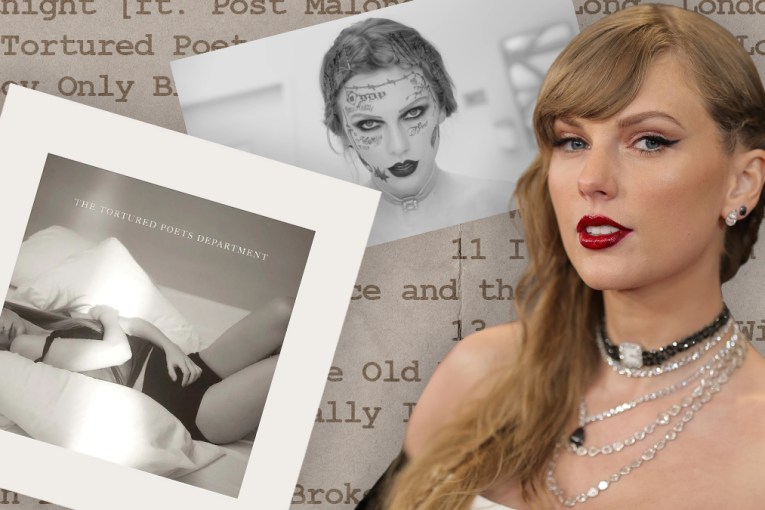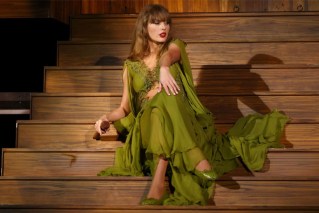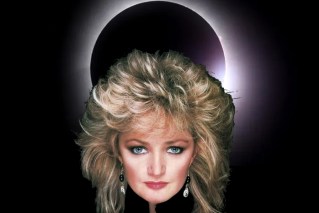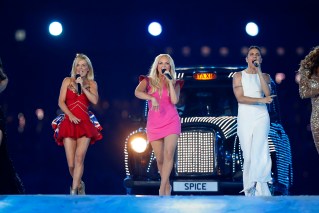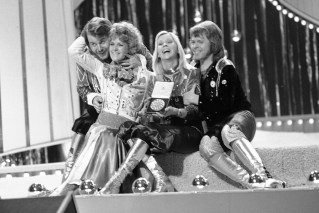Eurovision’s 10 most controversial moments ever
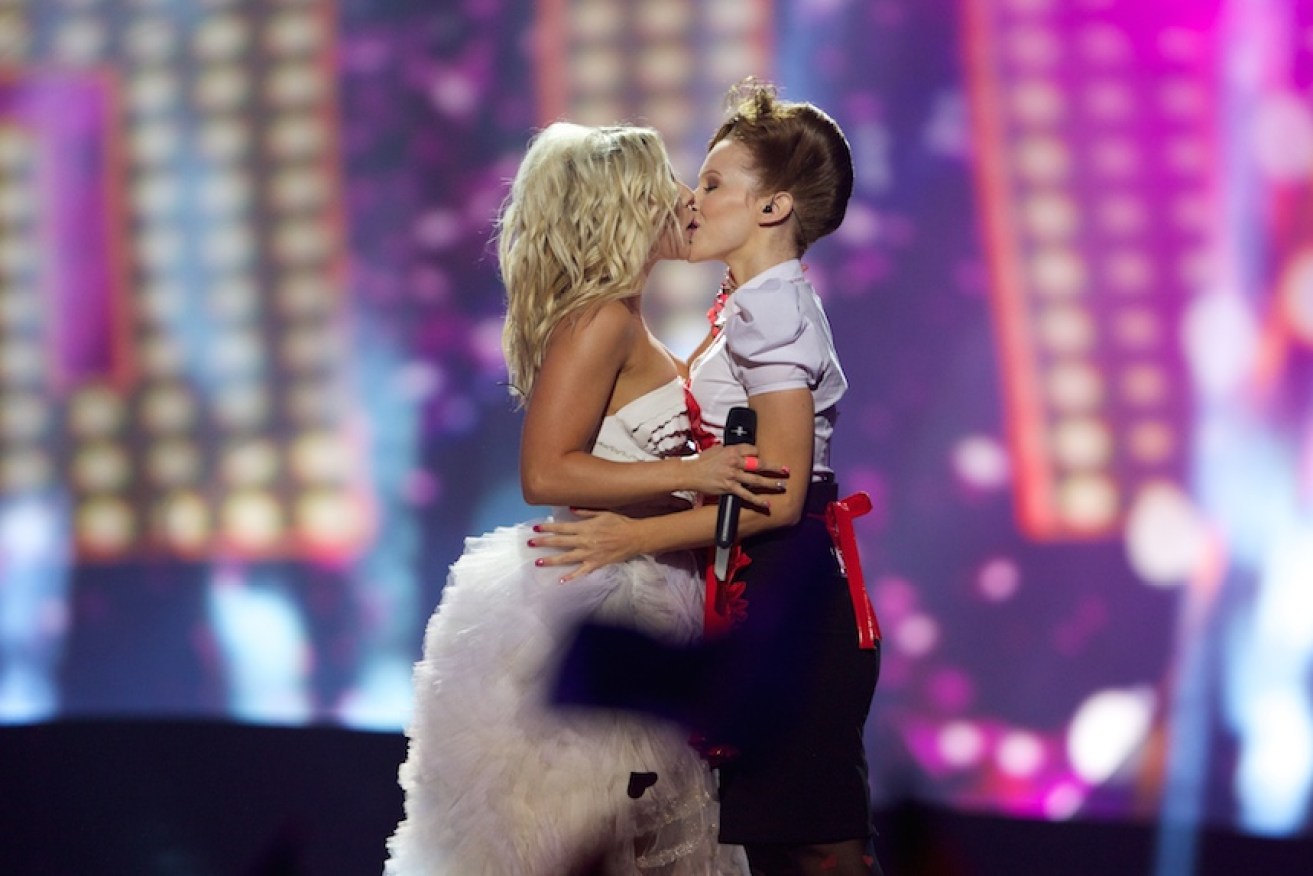
Eurovision is essentially an explosion of poor taste, and that’s why we love it.
• ‘Guy will smash it’: Eurovision judge
• Graham Norton disses Aussie Eurovision bid
However, there have been times in its 61-year history when contestants have overstepped the line, at least in the eyes of the moderators.
Here are the most controversial moments in the competition’s history.
1963: Voting scandal over competition between Danes, Swiss
When it came time to announce votes at the end of the contest, the Norwegian jury announced theirs out of order and UK presenter Katie Boyle said the country’s votes would have to be collected later.
Norway allegedly altered its votes and its neighbouring country Denmark won, whereas Switzerland would have won if the original votes had been used.
1973: Ilanit takes to stage in bulletproof vest
Following the massacre of Israeli athletes by Palestinian militants at the Munich Olympics the previous September, Israel’s participant Ilanit performed while wearing a bulletproof vest.
British commentator Terry Wogan asked the audience to remain seated while applauding, otherwise they could have faced being shot by security.
1978: Jordan snubs Israel’s Izhar Cohen and the Alphabeta
Jordanian television refused to broadcast Israeli entry Abanibi, by Izhar Cohen and the Alphabeta, and showed pictures of flowers instead.
When Israel won that year Jordanian media announced that Belgium had won.
1986: Youngest competitor ever wins title
Belgian 13-year-old Sandra Kim entered the competition and won, making her Eurovision’s youngest competitor (and winner) ever.
Today, all entrants have to be over 16.
1998: Death threats for transgender competitor
Transgender woman Dana International represented Israel at Eurovision, prompting some Orthodox Jews to take to the streets in protest. They claimed she was an abomination and some threatened to kill her.
Dana returned to Eurovision in 2011, but did not make it past the semi-finals. She was the first former Eurovision winner not to make it to the final in a subsequent contest.
2000: Ping Pong disowned after calls for peace
Israel’s entrants Ping Pong finished their song by unfurling Syrian and Israeli flags and calling for peace. The entry was disowned by Israel and it later turned out two of the members of the group were journalists.
2003: Belgium enters song in gobbledegook
Eurovision liberalised restrictions on permitted languages, prompting Belgium’s Urban Trad to enter a song called Sanomi, which had lyrics from a made-up language.
2009: Georgia withdrawn for being ‘too political’
Performers from Georgia, which was at war with Russia a year before, entered a song called We Don’t Wanna Put In.
The European Broadcasting Union classified it as “too political” and Georgia was asked to change the lyrics of the song or enter another song. Georgia refused to do so and withdrew from the contest.
2013: On-stage kiss to fight gay marriage ban
Krista Siegfrids representing Finland kissed one of her female back-up dancers on stage in a protest against Finland’s ban on gay marriage.’
2014: Bearded lady takes out competition
Austrian performer Conchita Wurst – a drag queen sporting high heels, butterfly lashes and a full beard – became known for her unique persona and impressive vibrato when she took out the contest with her performance of Rise Like a Phoenix.
Wurst’s victory prompted an outpouring of anti-gay anger from Russian politicians and stars with deputy prime minister Dmitry Rogozin tweeting that the result “showed supporters of European integration their European future: a bearded girl”.
